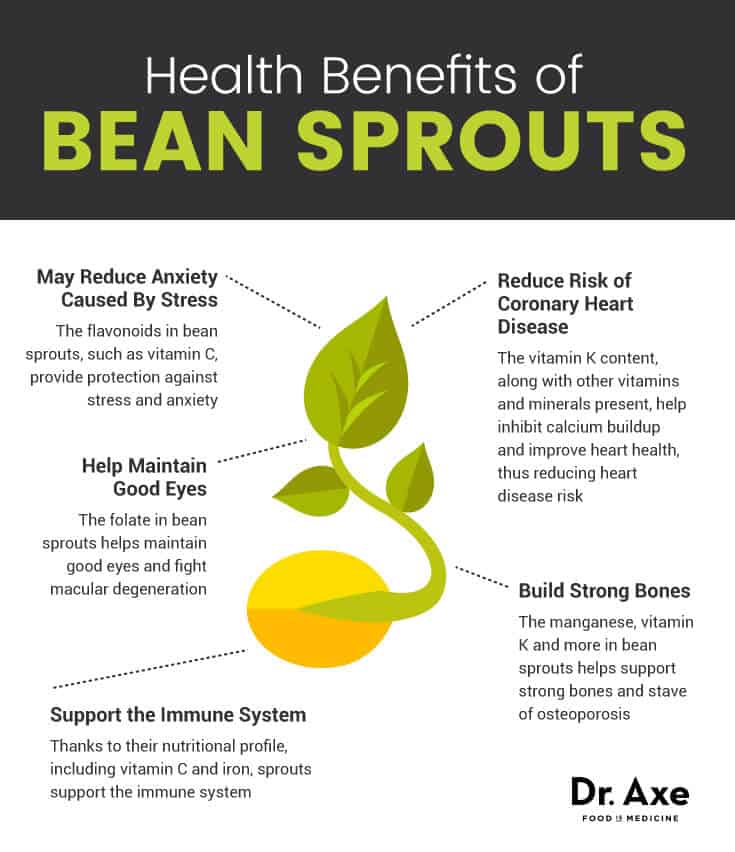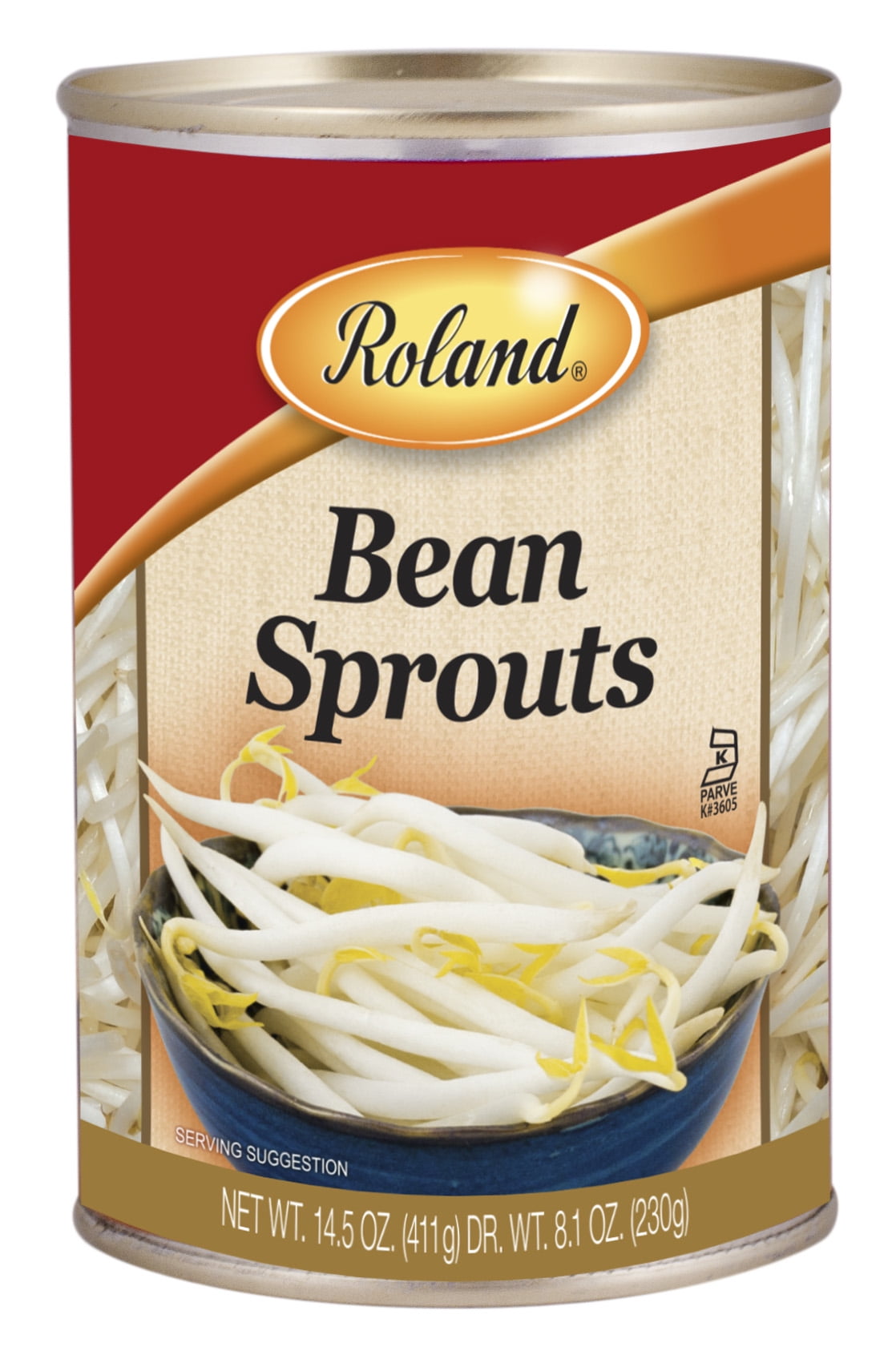
However, be cautious if you’re already on blood pressure medication, as mung bean sprouts may interact with it. Mung bean sprouts, rich in potassium, help relax blood vessels, improve blood circulation, and provide relief from high blood pressure. High blood pressure or hypertension is a common issue worldwide, leading to cardiovascular and other health problems. Mung Bean Sprouts: A Natural Aid for High Blood Pressure Additionally, remember to consume mung bean sprouts in moderation, as excessive intake may cause blood sugar levels to drop too low, leading to symptoms such as excessive sweating, hunger, fainting, fatigue, nausea, vomiting, blurred vision, and palpitations. However, if you’re taking diabetes medication, it’s essential to consult with your doctor before incorporating mung bean sprouts into your diet to avoid potential food-drug interactions. Their dietary fiber content also aids in regulating blood sugar levels by reducing the absorption of sugar by the bloodstream.

Mung bean sprouts can be a helpful addition to a diabetic diet, thanks to their low glycemic index of 25, which slows the release of sugar into the bloodstream and prevents sudden blood sugar spikes. Overindulging in these fiber-rich sprouts might overstimulate your bowel movements, potentially leading to diarrhea or other digestive discomforts, such as malabsorption, intestinal gas, and bloating. However, it’s essential to enjoy mung bean sprouts in moderation. The dietary fiber found in mung bean sprouts can work wonders for your digestive system, helping with bowel movements and alleviating constipation, as well as other gastrointestinal issues like abdominal pain, irritable bowel syndrome, gas, bloating, and flatulence. The Fiber Factor: Moderation is Key with Mung Bean Sprouts Keep in mind, if you’re allergic to soy, there’s a higher likelihood that mung beans might not be your best friend either, due to cross-reactivity. If you happen to experience any of these reactions (or other symptoms) after munching on mung bean sprouts, stop eating them and consult your doctor right away. Steer clear of mung bean sprouts if you’re allergic to them, as they can trigger allergic reactions such as itchiness, hives, eczema, shortness of breath, abdominal pain, nausea, vomiting, and diarrhea. While mung bean sprouts boast an array of incredible benefits, they might not be the best choice for everyone. To minimize this risk, ensure that mung beans are cleaned and sprouted properly.įor those with a weak immune system, opt for thoroughly cooked mung bean sprouts instead.Īvoid consuming mung bean sprouts if you have an allergy to them.+ Not for Everyone These bacteria can lead to food poisoning, causing symptoms such as vomiting, diarrhea, and stomach cramps. The warm and humid conditions during the sprouting process create an ideal environment for the growth of harmful bacteria like E. Mung beans that are not cleaned or sprouted correctly have a higher risk of bacterial growth. Adhere to your doctor’s guidance regarding consumption and serving size, and avoid overindulging. Before doing so, consult your doctor to ensure there are no complications or risks of food-drug intolerance. Nonetheless, pregnant and nursing women can consume a moderate amount of thoroughly cooked mung bean sprouts. coli, potentially causing diarrhea, nausea, abdominal cramps, and fever in pregnant women and nursing mothers. They can harbor bacteria like salmonella and E. However, it’s advised to avoid mung bean sprouts during pregnancy and nursing due to the higher risk of bacterial growth (when not properly cleaned and sprouted). Mung bean sprouts are packed with essential nutrients such as vitamin B, vitamin C, iron, potassium, and folate, which contribute to a healthy pregnancy. Down EffectsĬonsuming Mung Bean Sprouts During Pregnancy and Nursing However, consuming excessive amounts of mung bean sprouts can also lead to certain side effects.

They serve as a healthier alternative to processed foods/snacks such as bread, biscuits, chips, and fries. Packed with vital nutrients like vitamins, minerals, antioxidants, phytonutrients, polyphenols, and dietary fibers, mung bean sprouts offer numerous health and beauty benefits.

Widely consumed in India and several East Asian countries, these sprouts are now gaining global recognition. Mung bean sprouts, which originate from mung beans, boast numerous impressive advantages.


 0 kommentar(er)
0 kommentar(er)
